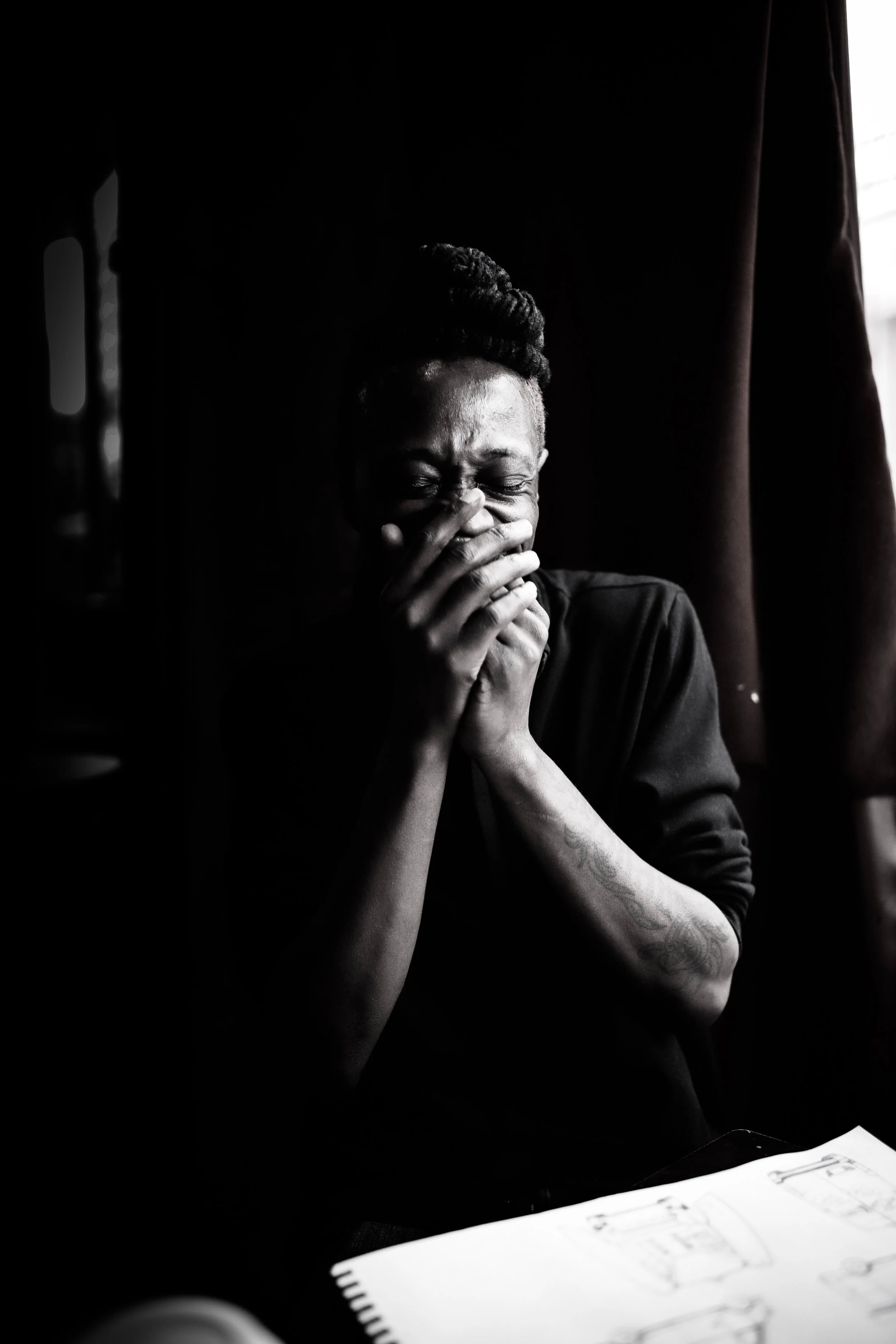Feeling all the Feelings: Hurt and Pain
/Words by Jen Woodward
I often think it’s understandable that people choose to numb their pain through smoking, shopping, drink or exercise. No wonder we want to back out of pain. It hurts.
However, numbing not only dulls the pain, it numbs everything. It takes the joy out of life, it desaturates the colours and it takes the vitality out of living. Numbing feels like the easier option. It removes us from the responsibility of showing up in our lives. But why do we think life is supposed to be easy? When did we get the message that we can’t sit with our pain, that we aren’t capable of moving through it? This collective idea that pain is something to be avoided, silenced or buried away is not helpful.
Choosing to move through life fully awake means choosing to face the hard moments. To allow the difficult times to unfold and take hold of us. But choosing to be open to these means experiencing fully the moments of joy, allowing them to wash over us and be the salve to our pain. It means also choosing to be fully present with joy, even though we know it might not last. To be open to the totality of human experience enables us to trust in the process and to believe that we have the capacity to learn from it all - that we don’t need to hide from pain and painful experiences.
Many of us have learnt coping mechanisms that worked for us in the past, perhaps keeping those emotions in because we didn’t feel it was safe to express them. Or maybe having a glass of wine at the end of a tough day. We may not realise that these coping mechanisms that once kept us safe can become a barrier to letting people in, to feeling vulnerable, to building up trust, to connection, to being heard. It takes work and time to learn coping mechanisms that allow us to safely explore, express and feel our emotions.
This is an invitation to reflect - what coping mechanisms and tools supported you in the past but may hold you back now? What might it feel like to take some of that armour off? To embrace those feelings you’re trying to numb.
“To be open to the totality of human experience enables us to trust in the process and to believe that we have the capacity to learn from it all - that we don’t need to hide from pain and painful experiences.”
Here are some tools to help you show up and face the pain
Work with a therapist
It’s truly up to you to do the work, but finding a therapist who can support you to create the space in which to explore yourself, and can help support you with your own growth, is so important.
Grounding exercises
When you find yourself becoming overwhelmed by the pain that you’re feeling, grounding exercises are a healthy way to bring you back to your body and the world around you. Rather than numbing the pain or distracting you, these take you to a place you can explore things from. One technique is to splash some cold water on your face, notice how it feels, and how it feels to dry your face. Another idea, is to stamp your feet and notice the sensation and sound as you connect with the ground. Here you are focusing your mind on the present and the feelings in your body, you can search on the internet for more grounding exercises.
Somatic work
You may choose to do somatic work, a therapist helps you remember a traumatic event and focuses on the physical responses. They may help you focus on each of the five senses. Somatic experiencing seeks to explore where a person is stuck in the stressful fight, flight or freeze response and in doing so, release it.
Reconnect to safety in yourself
Think about your early experiences of love, what did they teach you about what love is? What is causing the pain? Try creating a timeline, mapping everything that has hurt you and the ages these things happened. Sit down somewhere quiet and recall a time you felt hurt or scared. What happened to you and how did you feel? Acknowledge the pain. How is it affecting you in your present life? Try to fully accept the experience as part of your life and something that made you who you are now. It is important to acknowledge that now you are that safe base you never had, you deserve better and you can rely on yourself.
Develop self-regulation skills
Self-regulation involves being able to calm yourself down when you’re upset and cheer yourself up when you’re down. Another useful tactic, rather than focusing and reflecting on your emotions, which change quite fast, it can be useful to focus on your values. When our values are violated, it invariable causes negative feelings, whilst fidelity to them makes you feel more authentic and empowered. This reflection provides a more reliable compass of your feelings.
Feeling pain and hurt is difficult and can be overwhelming. Just trying to become more aware of your pain is a good place to start from.
Jen Woodward is a psychodynamic therapist who works in London. You can find out more about Jen and her work over on her website.
More Like This
Recently on Balance Garden






































Psychotherapist Jen Woodward shares how emotional intelligence can improve pretty much every relationship and interaction you ever have. Can you recognise and regulate your own emotions? Get to know yourself a bit further with these helpful steps.